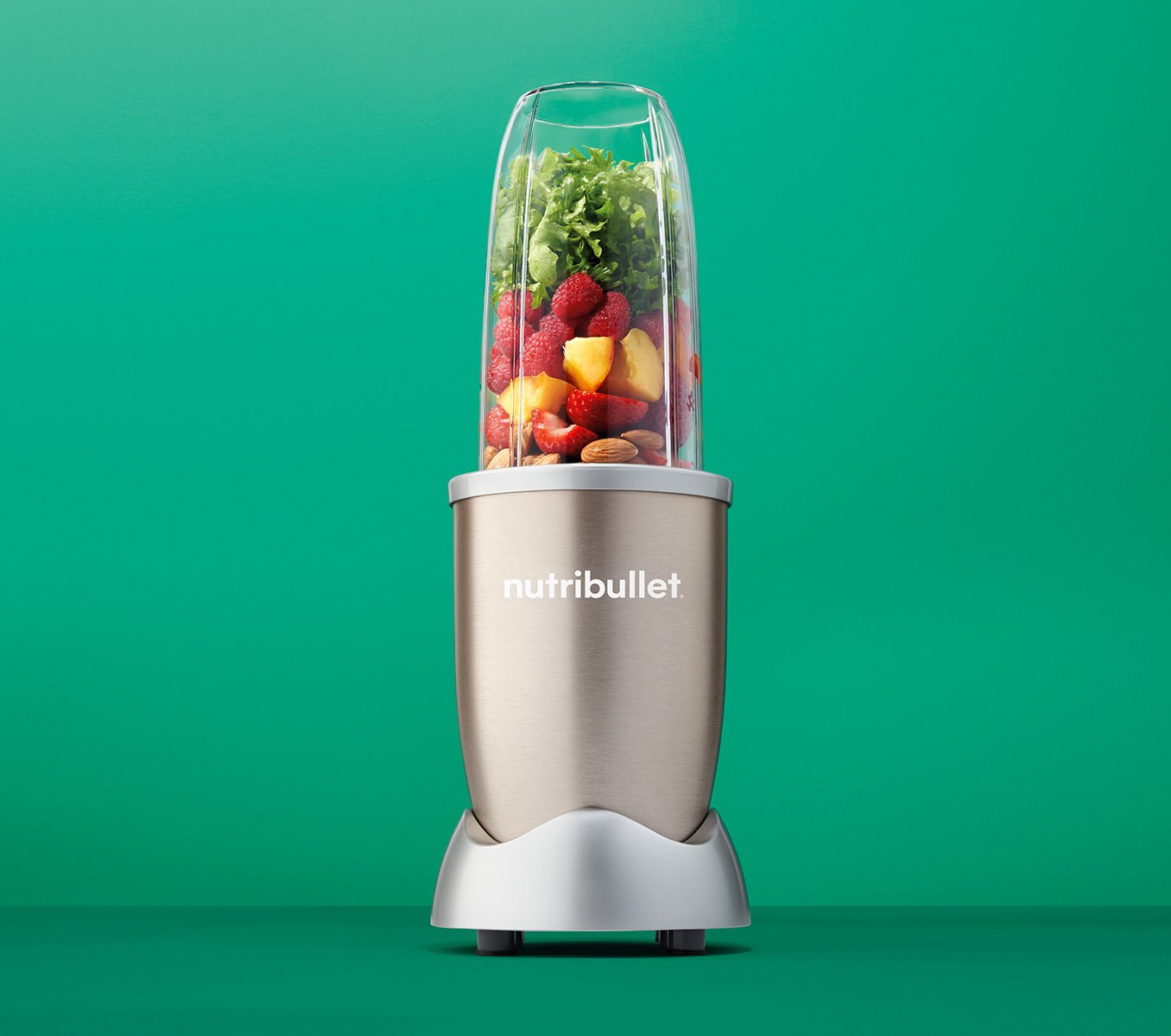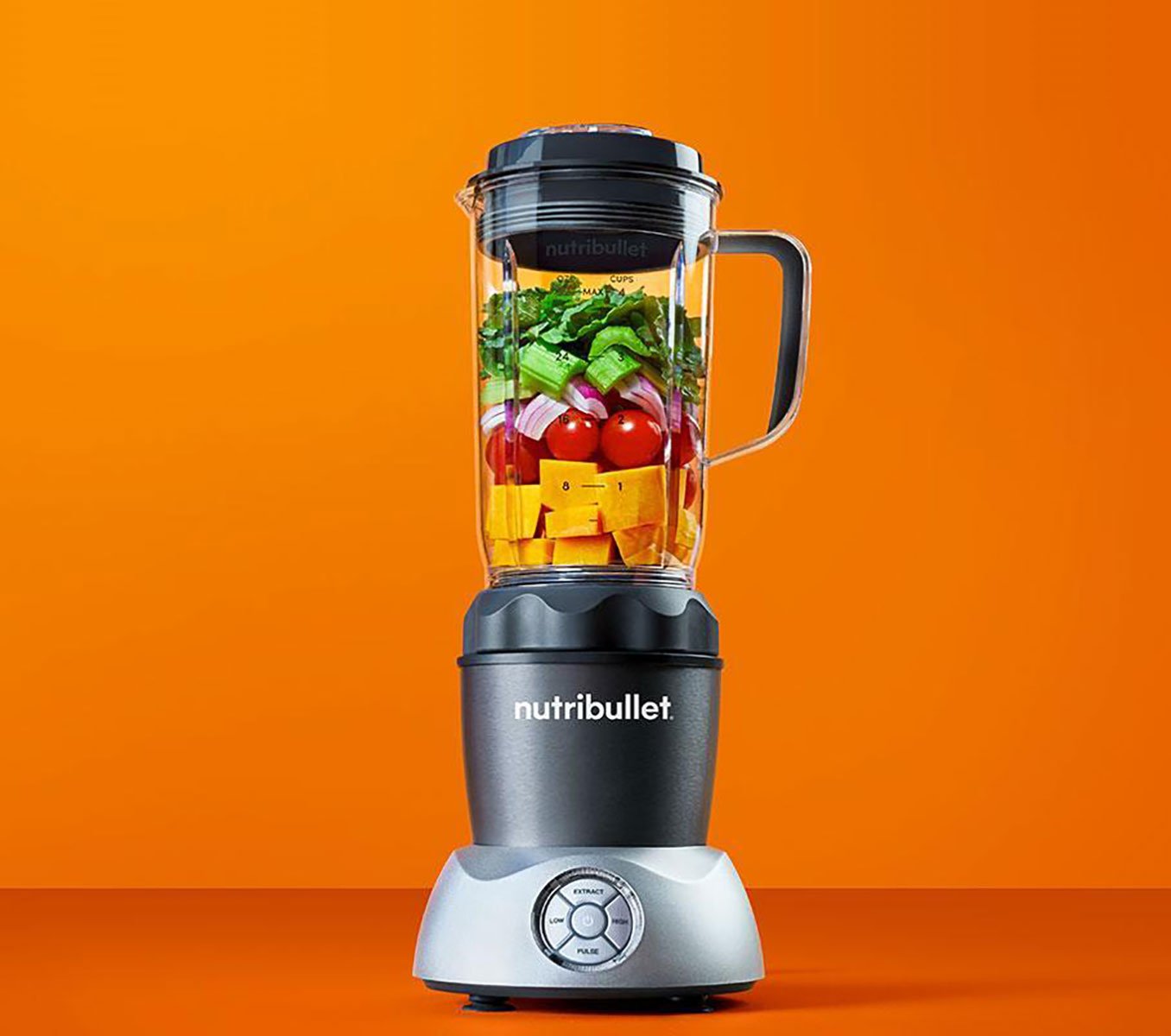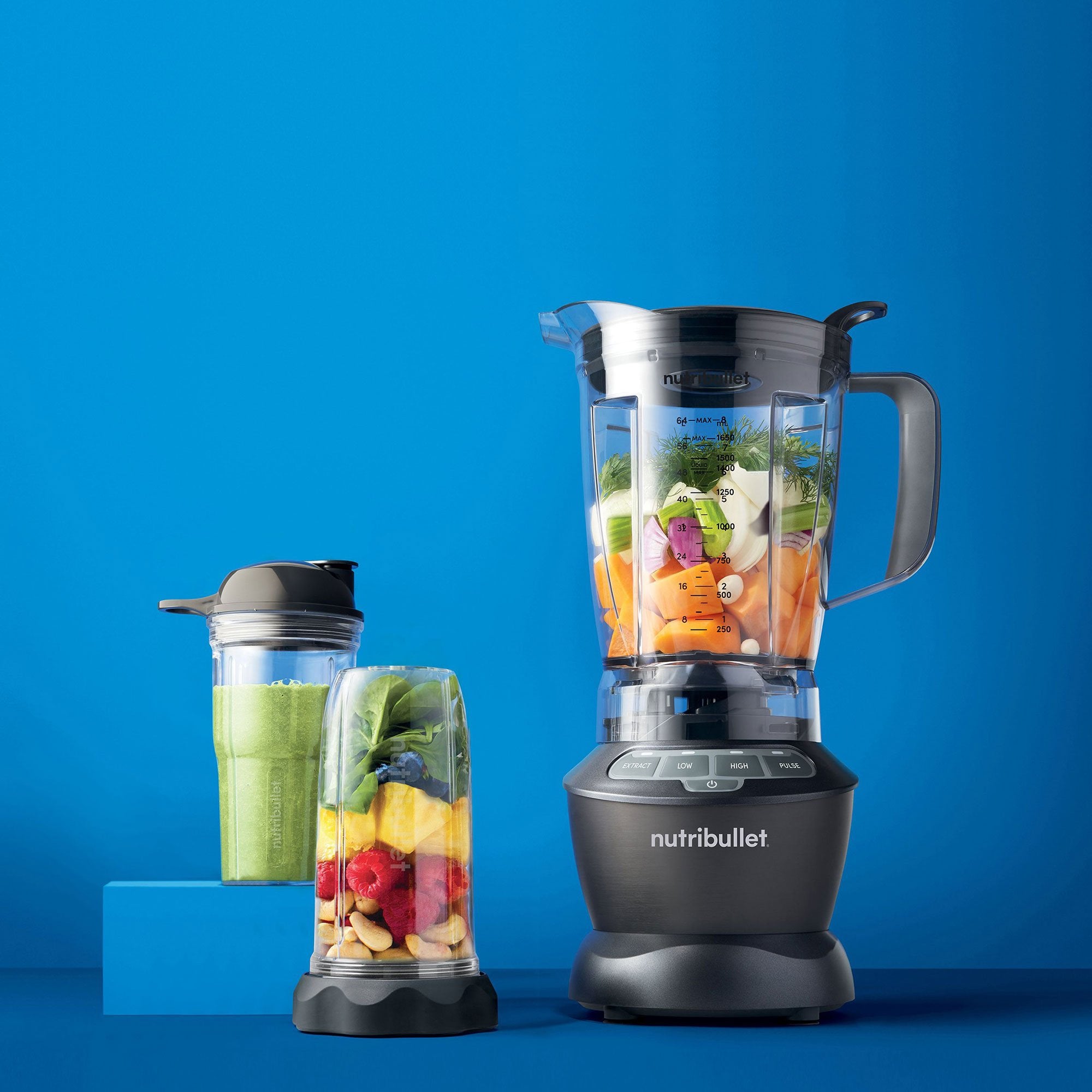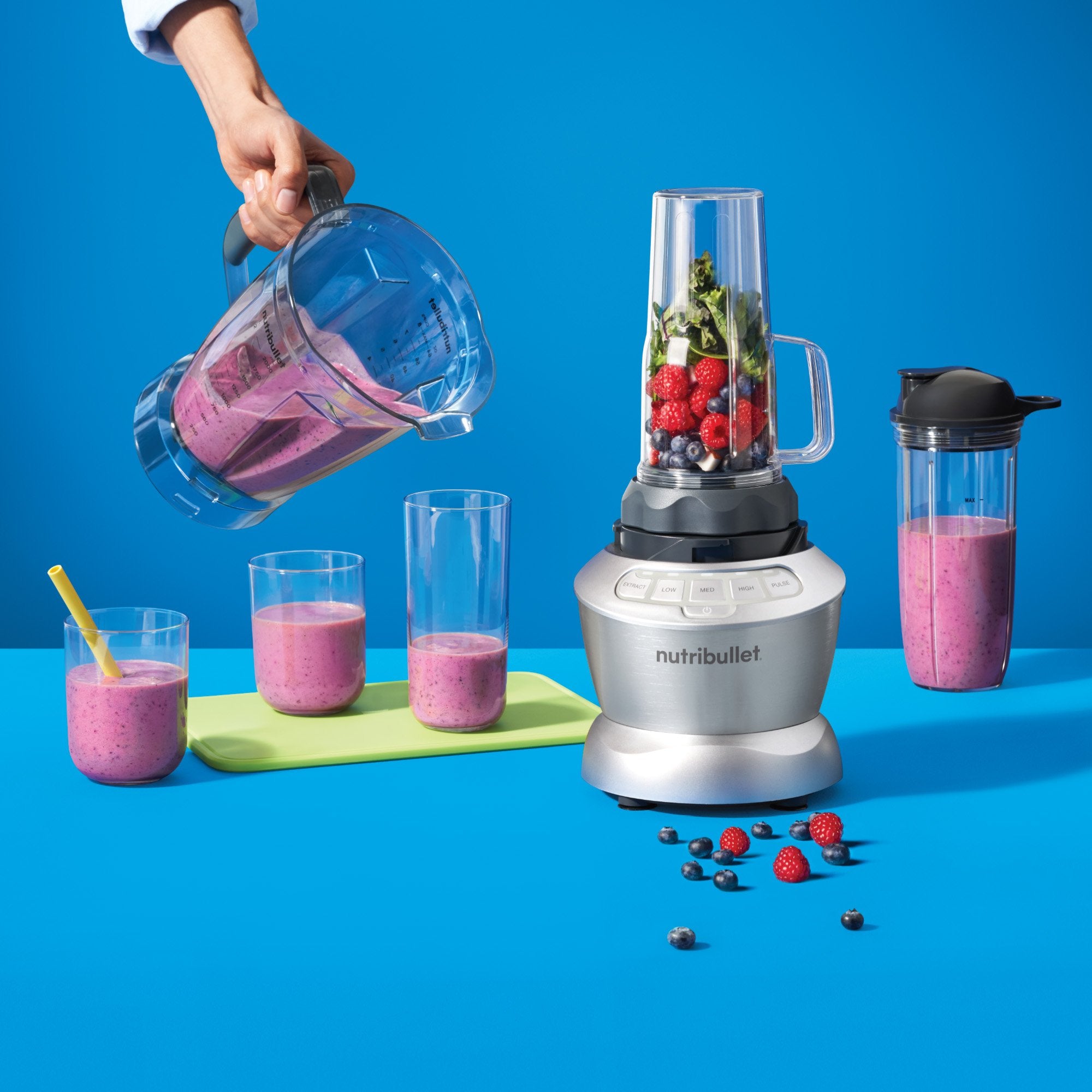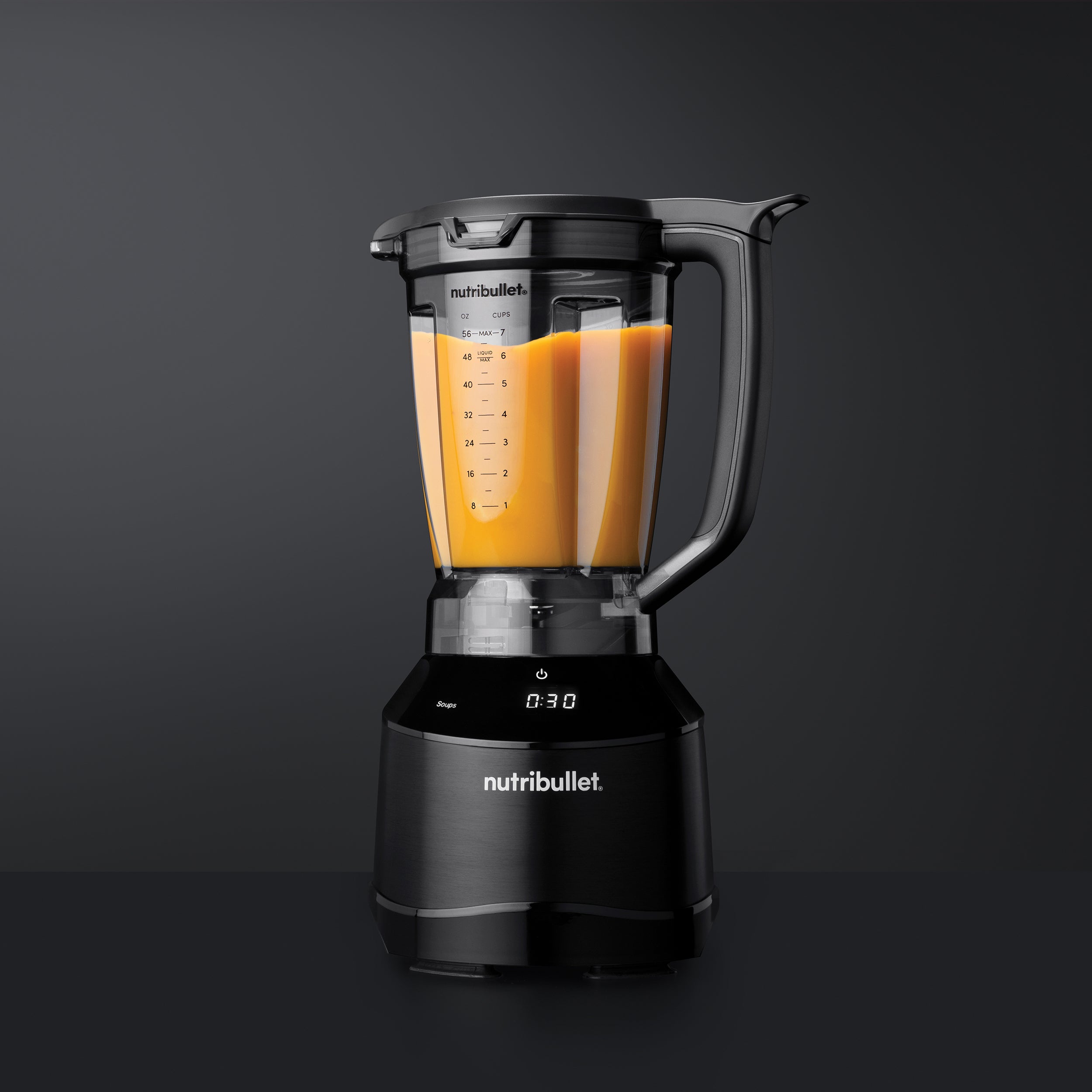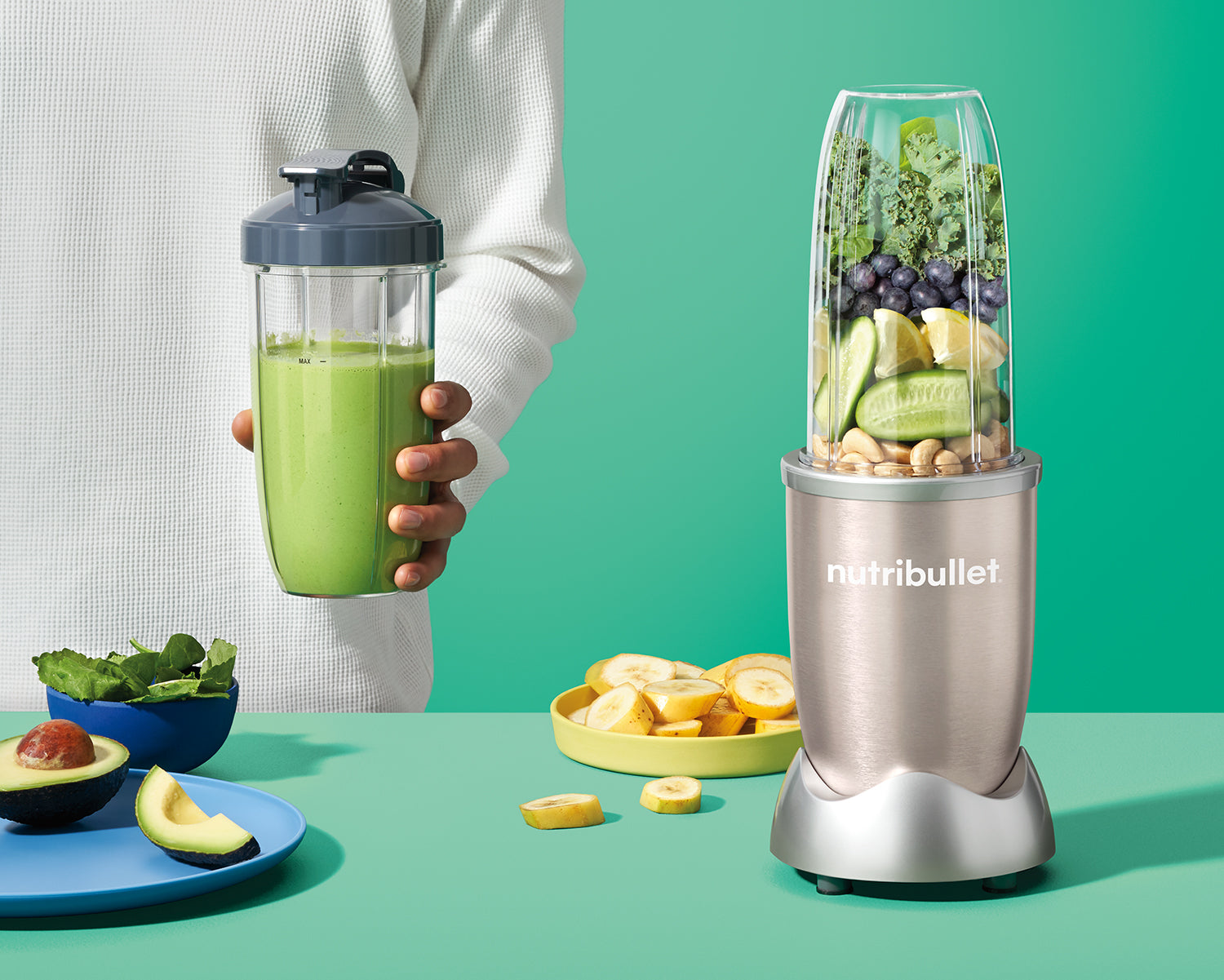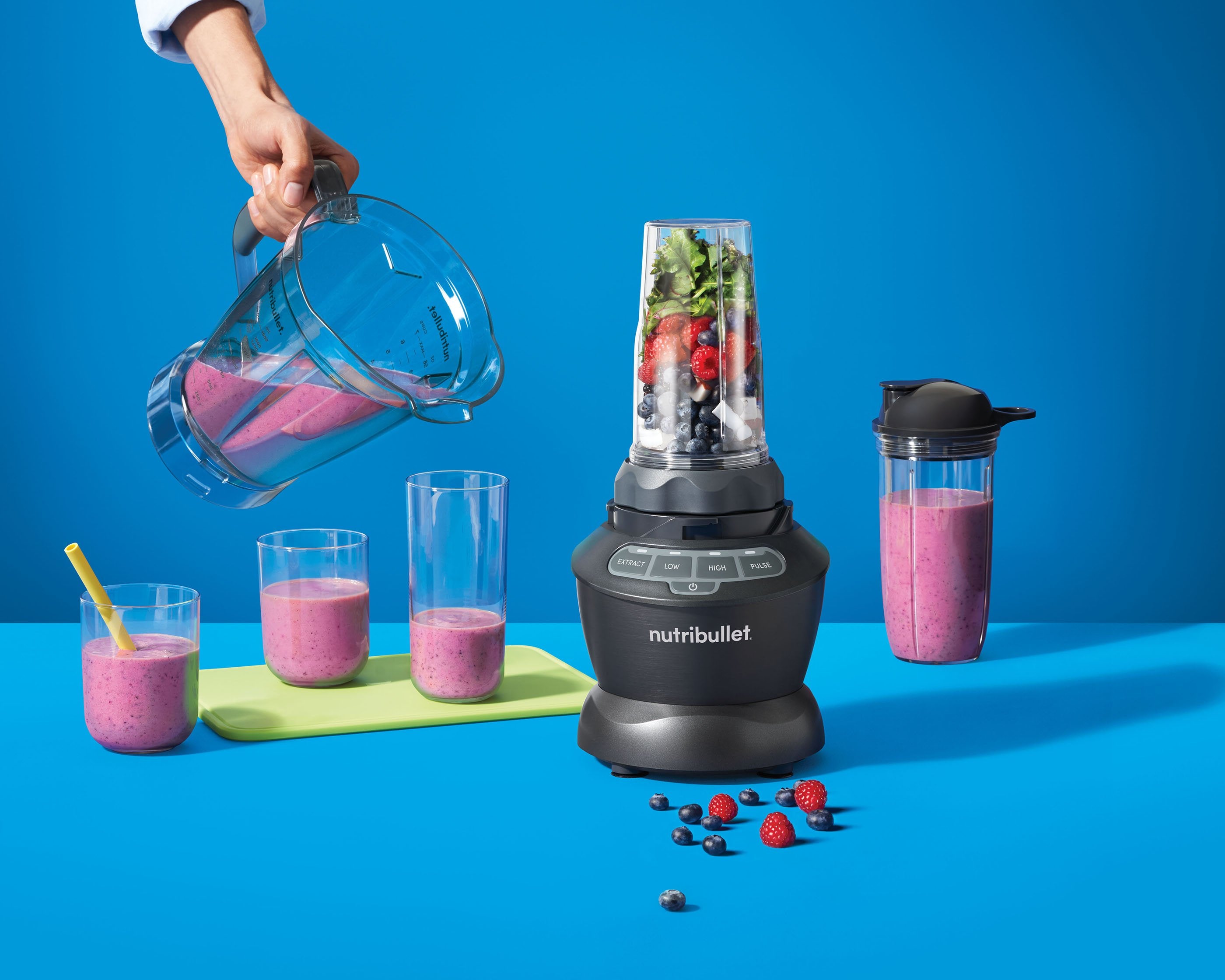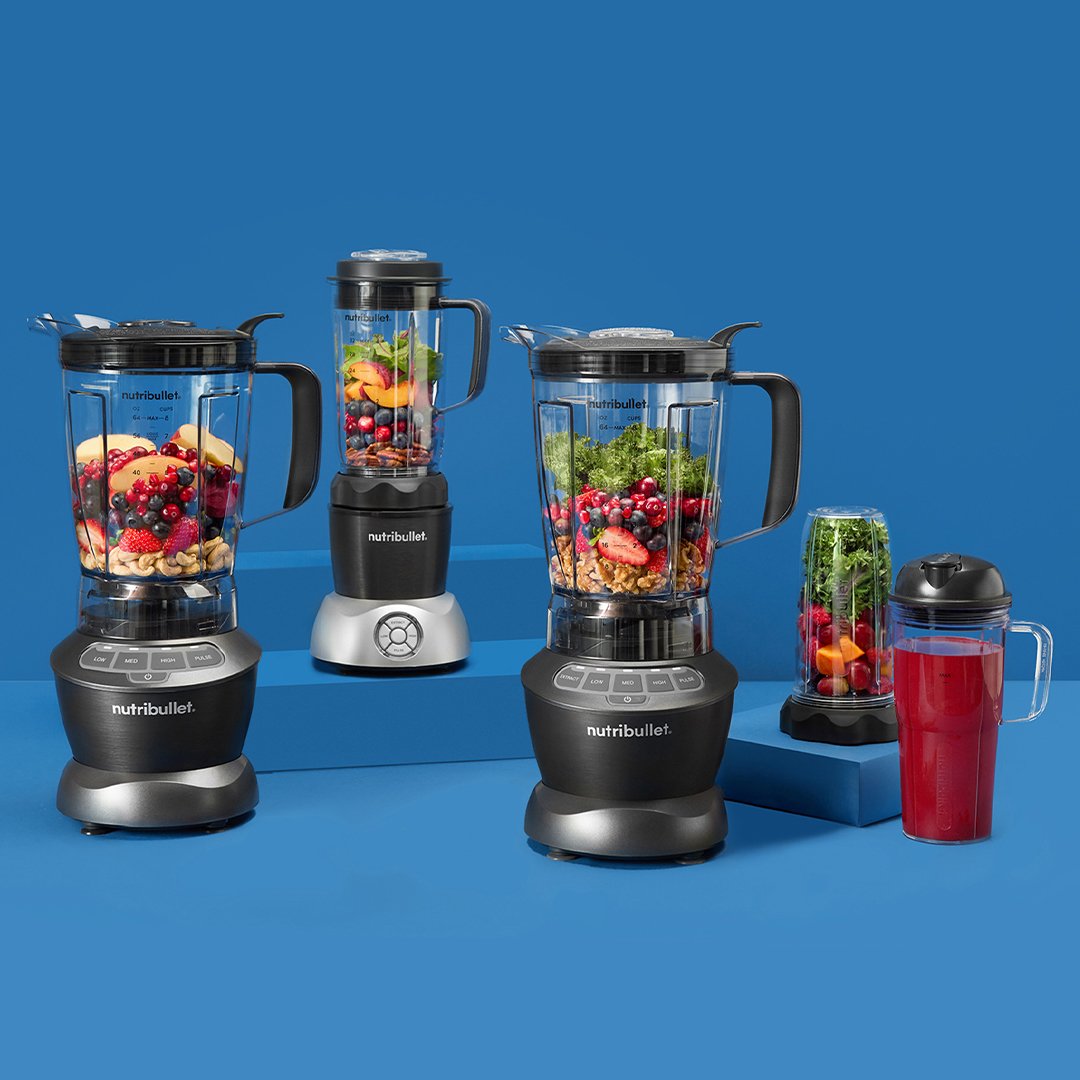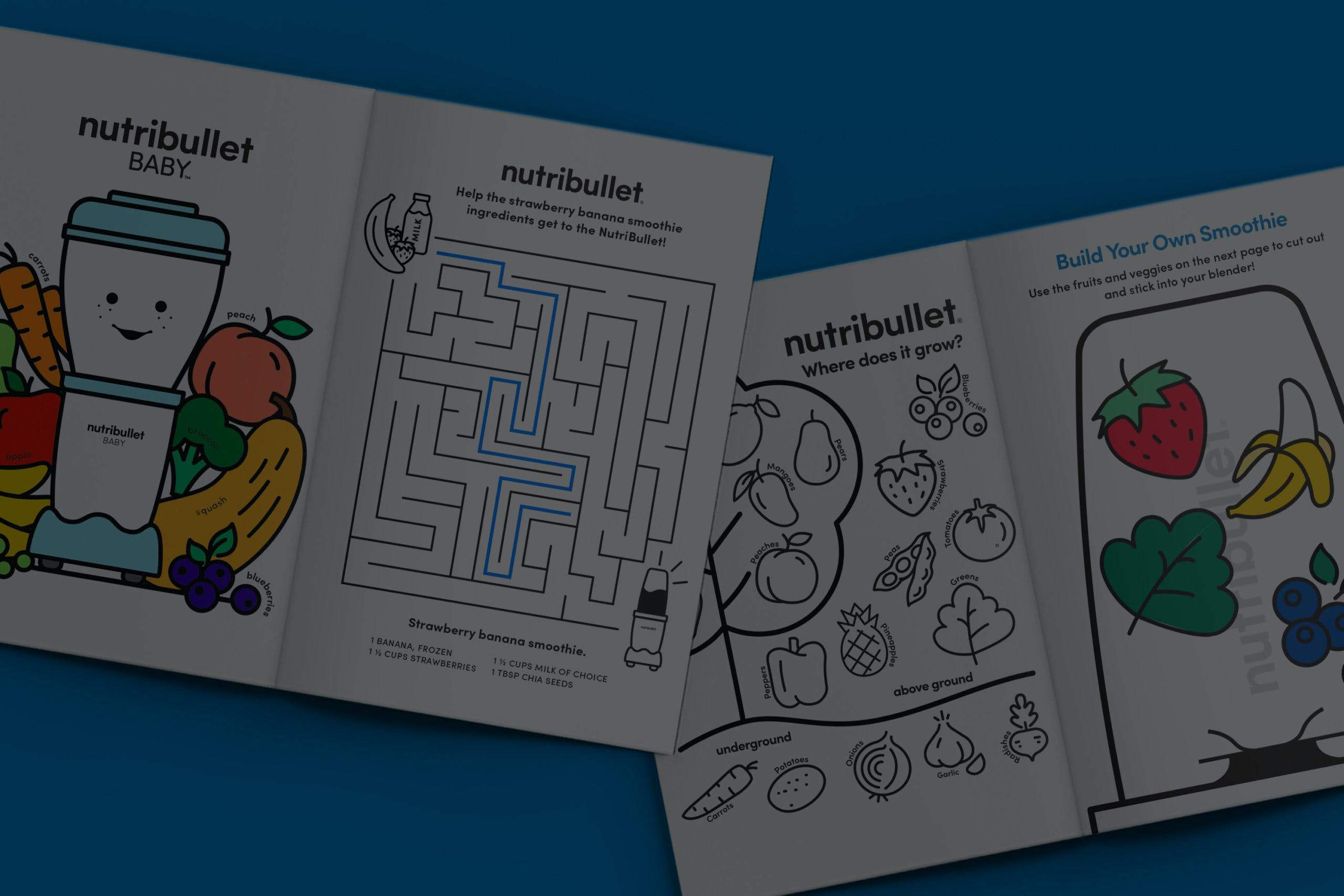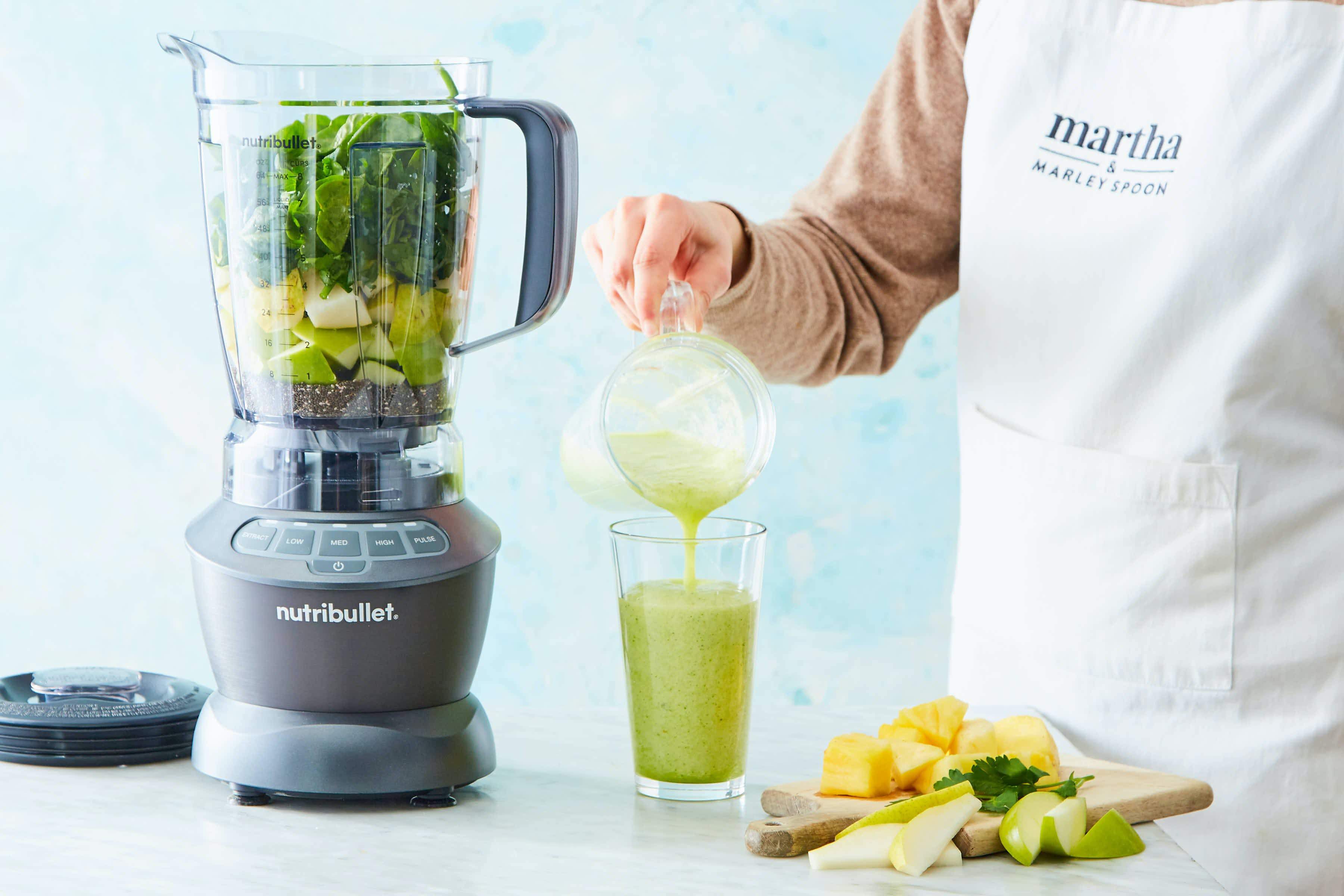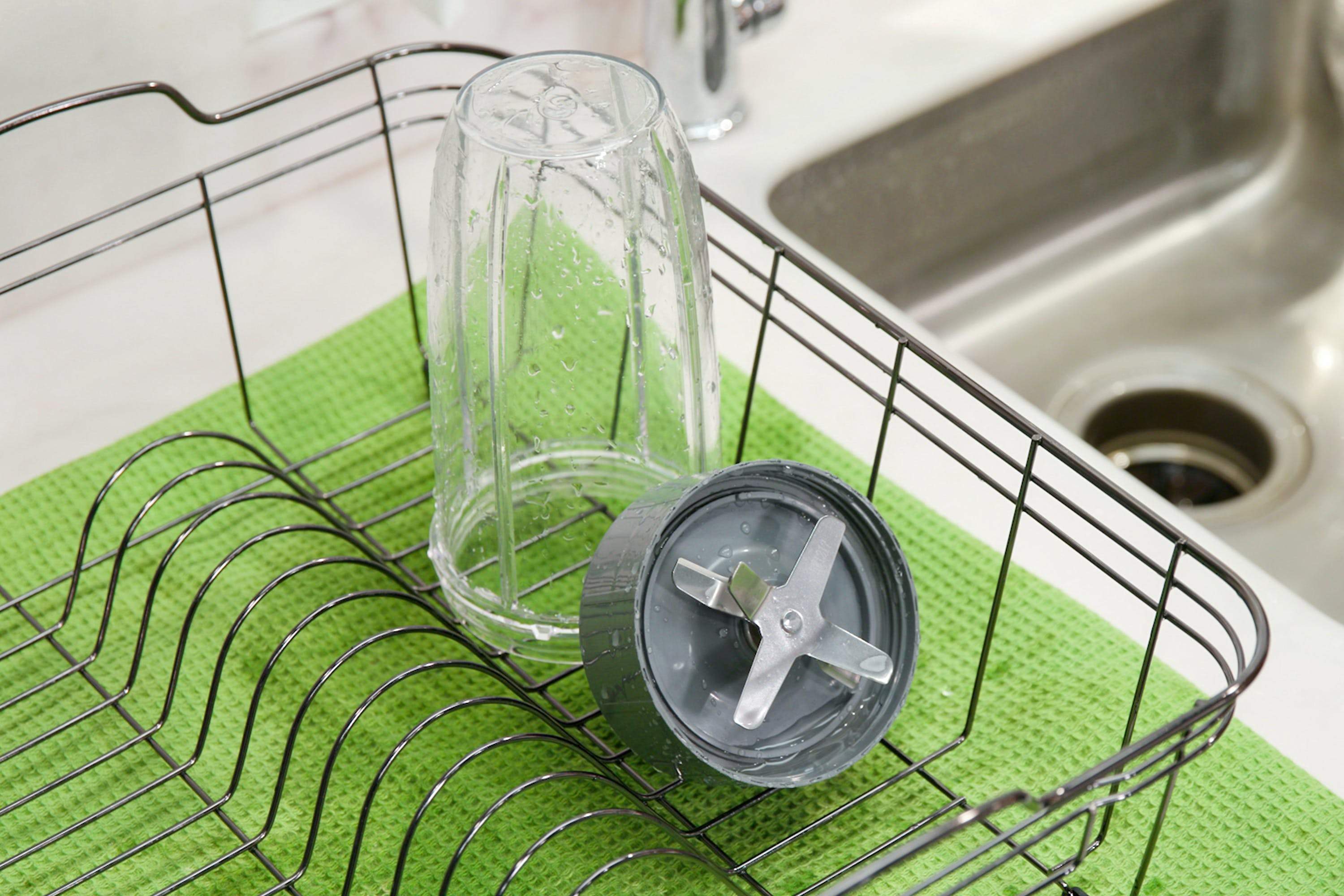You may joke at times about your job killing you, but it’s no laughing matter. In fact, there’s a Japanese term that literally means “death due to overwork”. When I first heard the word, karoshi, whilst lecturing in Tokyo, I was sure it was some kind of joke. After returning to Japan, however, I realized that it wasn’t an exaggeration. Almost everyone I encountered knew of someone who had died from overworking.
Through decades of medical practice, I’ve never encountered this phenomenon. Quite the opposite – “hard work never killed anyone” has undoubtedly been the prevailing mantra. Work is stressful, and in Japan it may be more so. But can death occur as a result of hard work? Individuals who are of advanced age and have underlying health problems are at a greater risk of sudden death. It’s extremely rare for a young person without high risk factors, and yet, karoshi is exactly that.
In the late 1980s, when several young business executives suddenly died without any previous signs of disease, Japan acknowledged a strange new phenomenon called karoshi. These deaths were associated with extremely long working hours of 60-hour weeks and more, which isn’t uncommon in Japan. Here’s the interesting part: Japan is one of the only countries in the world that counts karoshi as a separate category for the cause of death. In the United Sates, severe work-related stress certainly exists, but we don’t hear about it because it’s not tracked in the same way. But don’t panic! Here are six tips to help you stay on top of your game and prevent work from “killing you”:
-
Take your health at least as seriously as you do your work!
Don’t wait until you reach your middle age to begin taking care of yourself. Even in your younger years, you’re not invincible. You may have the best intentions for living a healthy lifestyle but with the stress and rush of everyday life, it’s easy to take detours. There’s a lot riding on your shoulders – your significant other, your children, your projects – but you can’t give them your full attention if you’re not in your best shape.Make a true effort to take care of your health, including nutritious eating, effective workouts, and preventative healthcare. Smoothies are healthy alternatives to overly-processed vending machine snacks and greasy lunches that leave you sluggish. Consider asking Human Resources to equip your office kitchen with the NutriBullet PRO Workplace Wellness Kit and Smoothie Bar for easy access to whole fruits and vegetables that provide your body with energy and essential nutrients.
-
Make sleep your number one priority.
Sleep is undoubtedly the most powerful restorative tool we have at our disposal. Even small amounts of sleep deprivation undermine the body’s capacity for repair. We’ve accepted the conventional wisdom that an hour less sleep allows for an hour of more productivity. That can’t be further from the truth. Research shows that good quality sleep has positive effects on cellular healing and optimal cognitive function. Over 95 percent of us require at least 7 to 8 hours of sleep a night for optimal recovery. -
Be assertive.
One of the worst parts of any job is how much is out of your control. It’s so easy to lash out when you get frustrated but it doesn’t make you feel better – it just pumps up your heart rate and blood pressure to dangerously high levels. Anger and hostility are the emotions most strongly associated with heart disease and vessel blockages. If you’re assertive about what you want and need at work, you’re less likely to have stress eating away at you from the inside. -
Take a power break at least every 90 minutes.
Get up from your desk and stretch your muscles. Take a short walk or simply do deep breathing exercises to switch off the continuous outpouring of stress hormones. With your eyes closed, breathe in through your nose for a count of four. Hold for four and breath out for another slow count of four. This ultra-simple exercise can dramatically lower your heart rate, blood pressure, and muscle tension in as little as 30 seconds. -
When you leave work, leave work.
Although it’s easier said than done, know when to stop! Your time outside of the office should be spent on you and the people you care about, not your inbox. Research demonstrates that there may be up to a 60 percent increased risk for heart disease in people who regularly work for more than 10 hours a day. So when work is done, get out! -
Go for a massage.
A growing body of research suggests that a good massage is even better for you than you think. It boosts the neurotransmitters, serotonin and dopamine, which helps you relax and may relieve symptoms of depression. Massages lower your heart rate and blood pressure while releasing endorphins and boosting your immune system. It also has an effect on the delta brain waves connected to deep sleep. Most importantly, a massage is a tremendously effective method for reducing the stress hormones, adrenaline and cortisol.
High stress levels at work can ruin pretty much any health goals you have. It causes your body to store more fat and makes it difficult to build and retain muscles. You’ll have less energy and a higher risk of mental illness, heart attack, and stroke. As karoshi suggests, you can literally overwork yourself to death, but it doesn’t have to be this way!
With balanced nutrition, regular exercise, and proper rest and relaxation, you can stay motivated and deliver your best performance at work without wearing yourself out. Fuel your mind and body with an energizing smoothie, made with nutrient-dense fruits and vegetables. With the Workplace Wellness Kit, eating healthy while at work has never been more convenient and delicious! Combine that with effective workouts and other stress-relieving activities to set yourself up for a longer, healthier, and happier life.
Nutritional information
Recipe: Creamy Green Strawberry Dream Serving in this recipe:1
- Calories: 236.6
- Total Fat: 3.6 g 5.5%
- Saturated Fat: 0.4 g 1.9%
- Cholesterol: 0 mg 0%
- Sodium: 358.7 mg 14.9%
- Total Carbs: 45.7 g 15.2%
- Dietary Fiber: 9.9 g 39.4%
- Sugar: 22.1 g
- Protein: 8.1 g 16.2%
- Vitamin A: 481.9% Vitamin C: 244.1%
- Calcium: 68.5% Iron: 26.1%
* Percent Daily Values are based on a 2,000 calorie diet. Your daily values may be higher or lower depending on your calorie needs.

